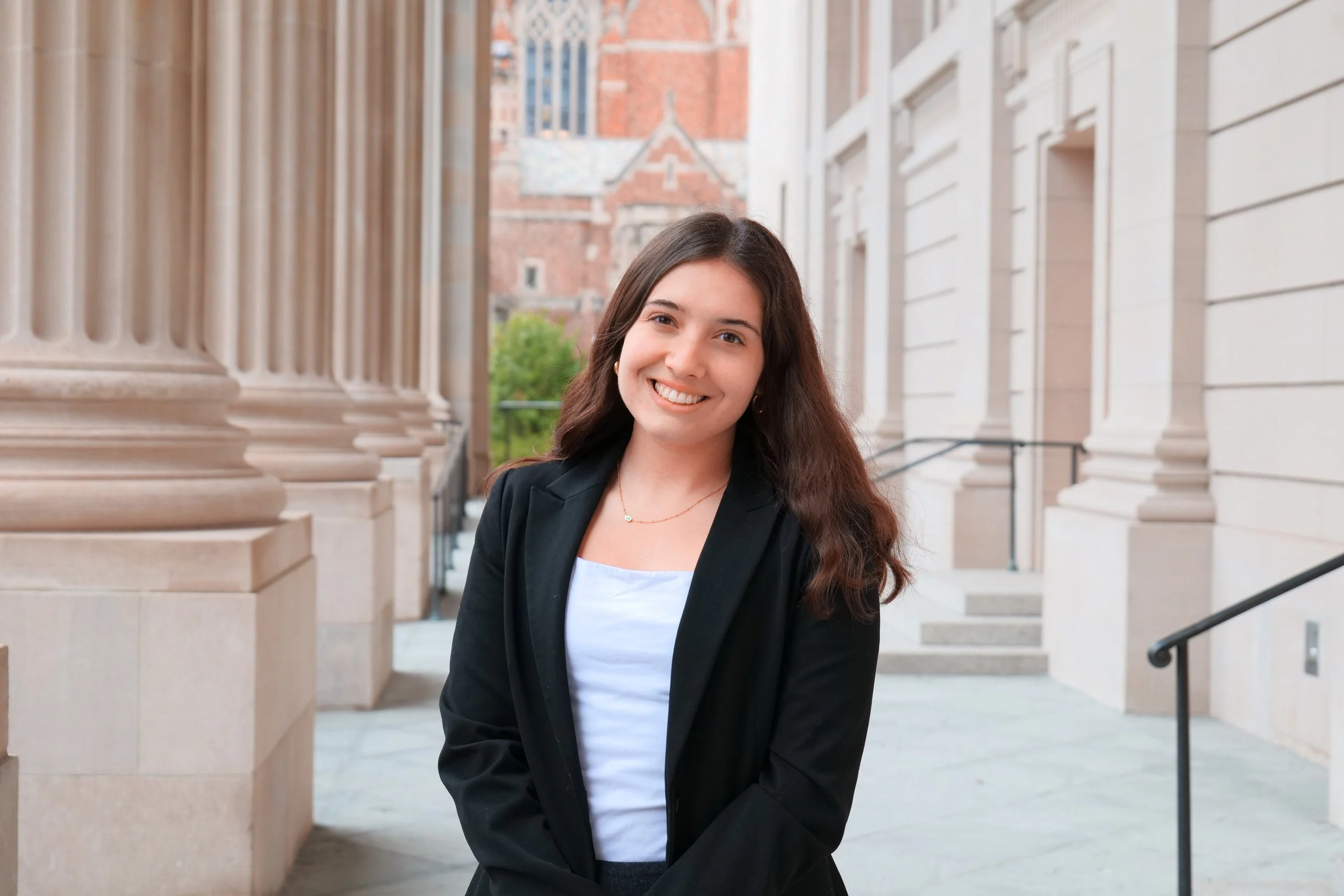
WORLD HEALTH ORGANIZATION
Committee description:
INTERMEDIATE COMMITTEE
Welcome to the World Health Organization! The World Health Organization is an organization that directs and coordinates international healthcare issues within the United Nations with the aim of attaining the highest possible level of health by all people.The goal of our committee is to facilitate a collaborative environment where all delegates are able to engage in developing creative solutions. Over the course of the committee, delegates will debate and discuss critical current health issues, improving their critical thinking, teamwork, and rhetorical skills.
Topic 1: Tackling Urban Pollution in South Asia
Urban pollution poses a major threat to public health across South Asia, where cities like Delhi, Dhaka, and Karachi face dangerously high levels of air and water contamination. Pollution-related illnesses, including respiratory diseases, cardiovascular conditions, and infections from unsafe water, are rising at alarming rates, especially among children, the elderly, and low-income communities. This crisis is driven by rapid urbanization, industrial emissions, poor waste management, and limited access to clean infrastructure. Delegates will explore how the World Health Organization can lead a coordinated public health response by 1) identifying the key health impacts of urban pollution in South Asia, 2) supporting local governments in improving pollution-related health systems, 3) promoting cross-sector solutions such as cleaner public transportation and sustainable waste practices, and 4) addressing the disproportionate health burdens faced by marginalized populations in polluted urban areas.
Topic 2: Strengthening Maternal and Child Health in Vulnerable Communities
Maternal and child health outcomes remain critically unequal across the globe, especially in vulnerable communities facing poverty, displacement, conflict, and limited access to care. In these settings, high rates of maternal mortality, infant death, malnutrition, and preventable disease continue to undermine global health progress. Barriers such as inadequate healthcare infrastructure, shortages of trained providers, cultural stigma, and systemic discrimination further compound these challenges. Delegates will explore how the World Health Organization can strengthen global efforts by 1) identifying risk factors that drive poor maternal and child health outcomes in vulnerable populations, 2) expanding access to essential care, 3) investing in community health programs and mobile care models, and 4) promoting policies that empower women and families with the tools and resources they need to thrive.
ABOUT YOUR DIRECTOR:
RILEY GETCHELL
Riley Getchell (she/her) is a junior in Silliman College from Whitman, Massachusetts majoring in Political Science with a certificate in Education Studies. She has loved her experience on the Secretariat of YMUN LI and can't wait to help create the first iteration of YMUN South Asia as a director! Outside of YIRA, she is the Elections Coordinator for the Yale College Democrats, a Yale & You Counselor at the admissions office, a library assistant at the YCBA, and a Silliman Aide. Otherwise, you can find her taking a walk to East Rock, drinking kombucha, or watching Veep. Feel free to reach out to her at riley.getchell@yale.edu with any questions!

